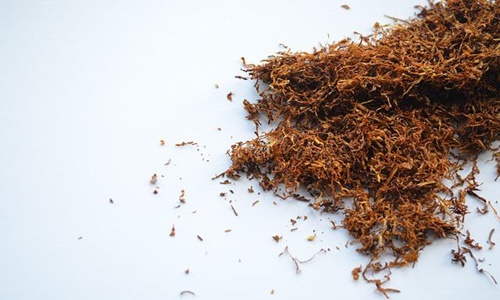The World Health Organization (WHO) has recently revealed new information about how tobacco damages both human health and the environment, and has called upon steps to make the industry more responsible for the devastation it is causing to the world.
According to estimates, the tobacco industry costs the planet more than 600 million trees, 200,000 hectares of land, 22 billion tonnes of water, 84 million tonnes of CO2 and kills around 8 million humans every year.
Most of the tobacco is grown up in low and middle-income countries where there is a desperate need for water and farmland for producing food. Despite this, they are being utilized to grow the most dangerous tobacco plants, while more land is taken away from forests.
In the report named “Tobacco: Poisoning our planet”, the WHO pointed on that the carbon footmark from the production, processing, and conveying of tobacco equals one-fifth of the CO2 formed by the commercial airline industry every year, contributing to global warming further.
Ruediger Krech, WHO’s Director of Health Promotion, said that tobacco products are the most littered item on the planet, comprising around 7,000 poisonous chemicals that enter the environment when discarded.
Around 4.5 trillion cigarette strains pollute the rivers, cities, oceans, parks, sidewalks, soil, and beaches every year. Smokeless tobacco, cigarettes, and e-cigarettes also contribute to building plastic pollution. While cigarette filters comprise microplastics and account for the second-highest form of plastic pollution globally.
Identifying its impact on the environment, countries including Spain and France and cities like San Francisco have recently taken a stand. By following the Polluter Pays Principle, these countries have successfully implemented the “extended producer responsibility legislation”, which holds the tobacco industry responsible for the clearance of the population they have created.
WHO has further urged other countries and cities to follow the path and aid farmers of tobacco to shift to sustainable crops, execute robust tobacco taxes (including the environmental tax), and offer services that can help people quit tobacco.
Source Credit - https://www.who.int/news/item/31-05-2022-who-raises-alarm-on-tobacco-industry-environmental-impact
